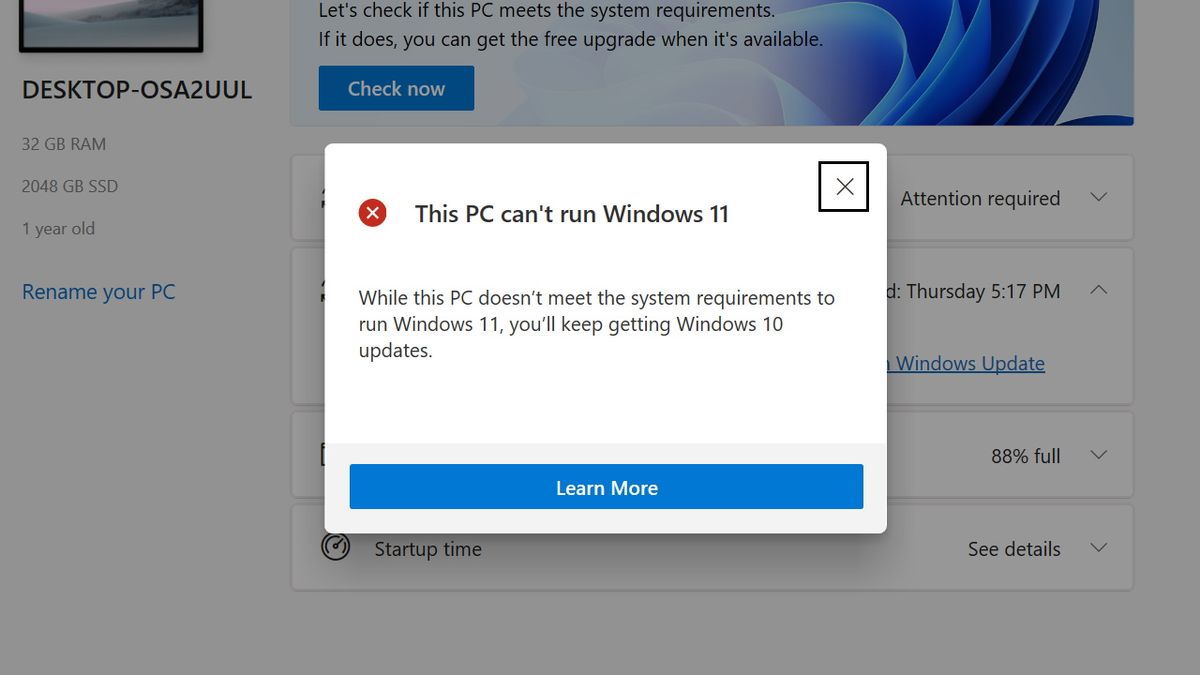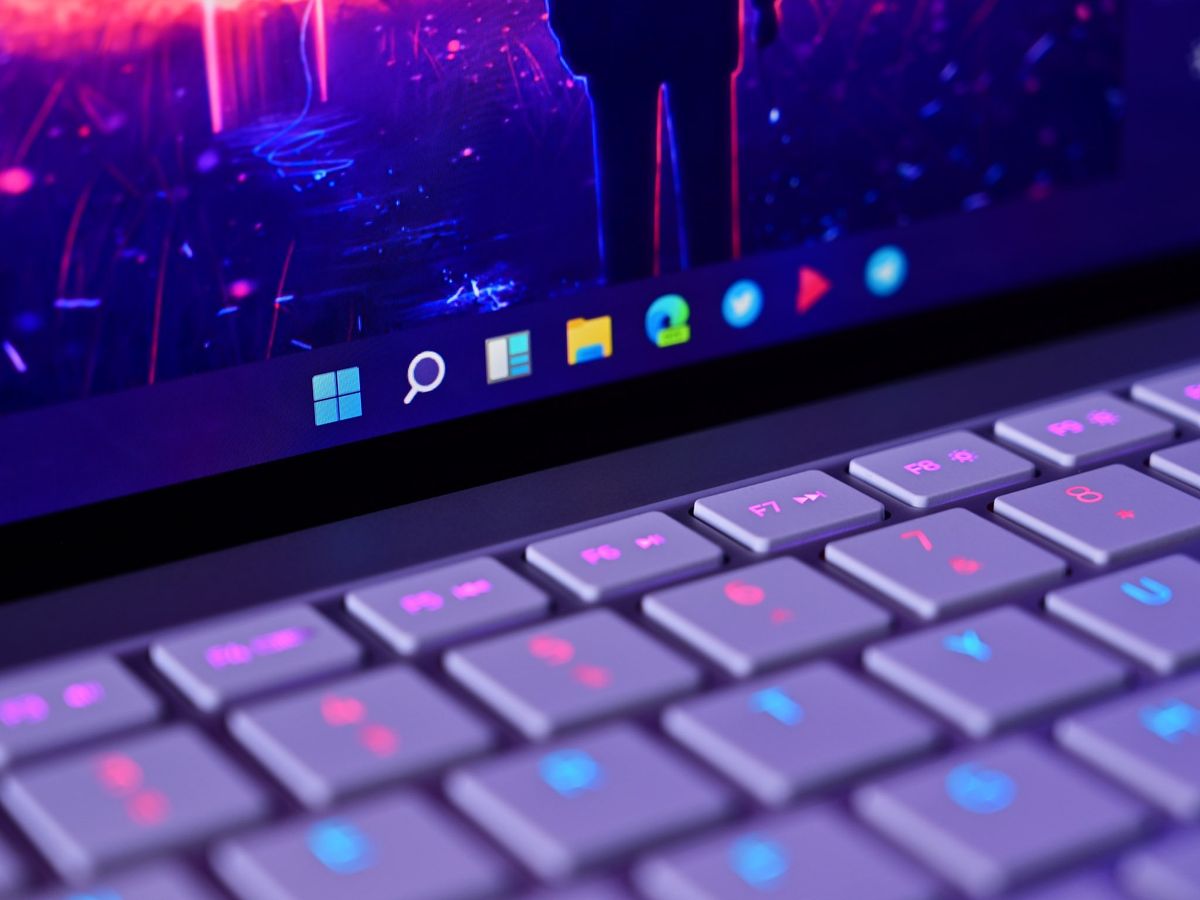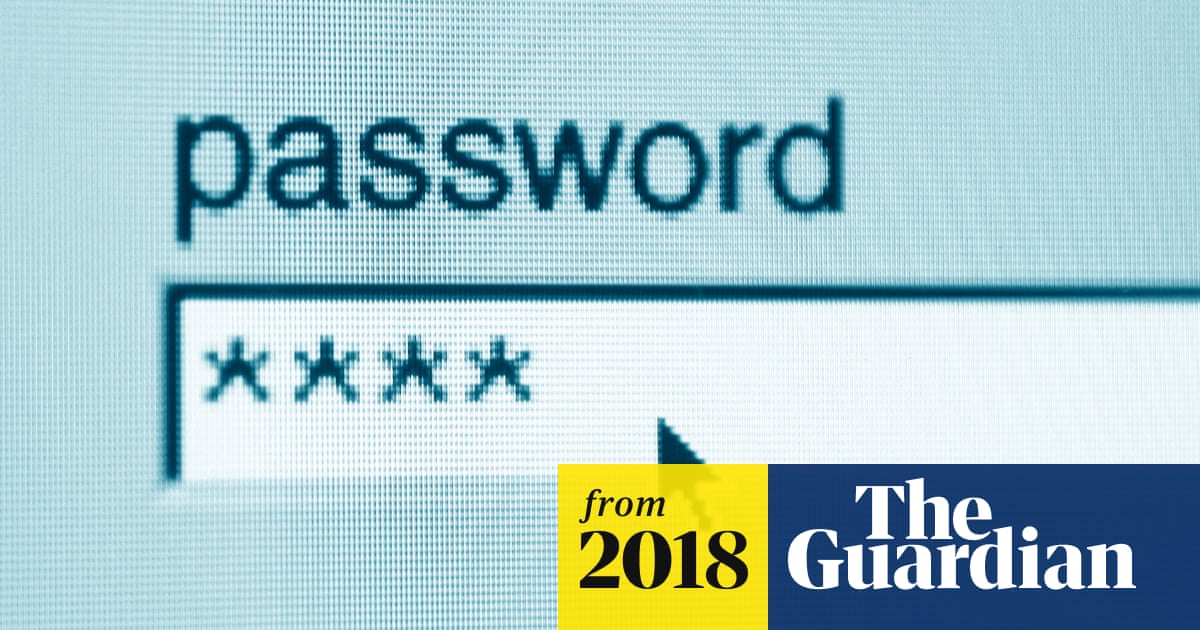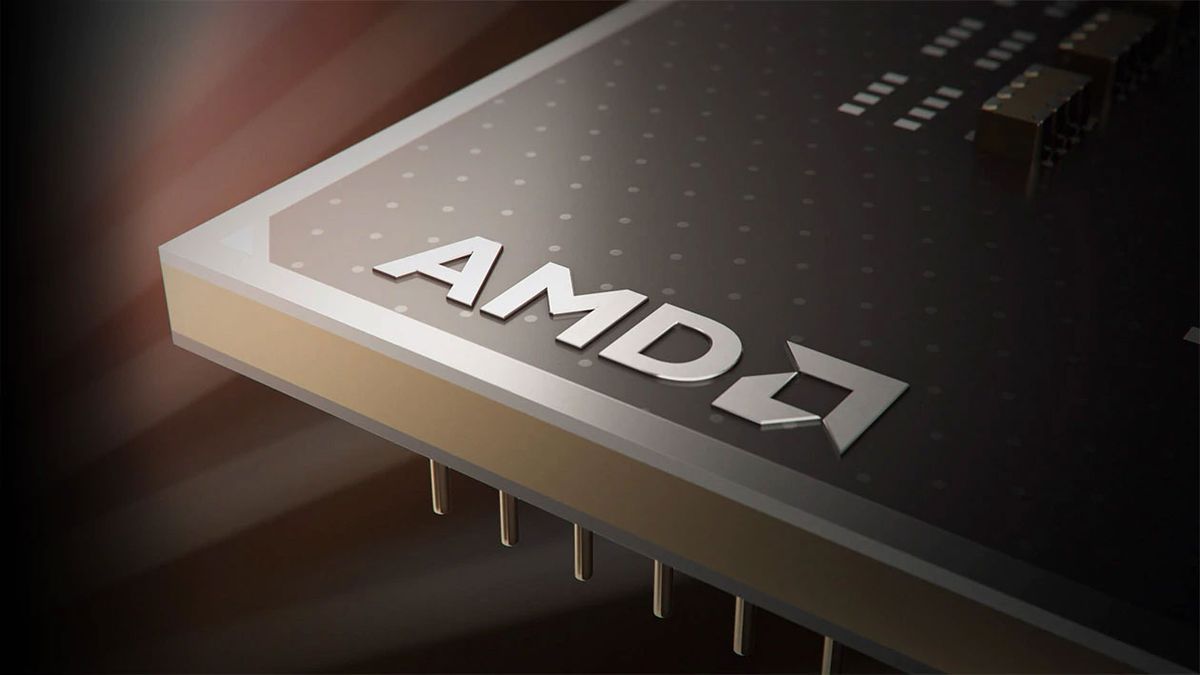The times, they are a-changing!

Rather shamefully, the surgery I spend most of my time at only stopped using this about three and a years ago.
And a certain high street optician that I’ve done some work for still use MS-DOS for some of their processes.
Rather shamefully, the surgery I spend most of my time at only stopped using this about three and a years ago.
And a certain high street optician that I’ve done some work for still use MS-DOS for some of their processes.





